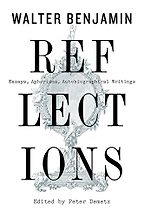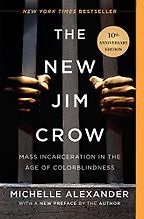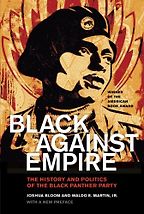Books by Walter Benjamin
“Walter Benjamin’s essay focuses on the distinction between two types of violence: one that creates legal order, such as a revolution, and one that is meant to protect an existing legal order. According to him, there are two activities that blur this dichotomy. The first one is the general strike, in which one uses an existing right to take society to a halt and create a new legal order; it’s a way of using an already-acquired power for revolutionary purposes. The other exception is the police, which is one of the rare instituted powers that is able to invent its own legality… The ideas of Walter Benjamin should help us rethink the way in which we, too often, describe how the police acts.” Read more...
Geoffroy de Lagasnerie, Philosopher
Illuminations
by Walter Benjamin
It’s a meditation on history, a meditation on philosophy, a meditation on collecting and an autobiography as well
Interviews where books by Walter Benjamin were recommended
The best books on Inspiration for Writing and Art, recommended by Edmund de Waal
The author of The Hare with Amber Eyes, who is also a ceramic artist, tells us about books that have influenced both his careers, from the life of a celebrated potter to a collection of Japanese haiku
-
1
Violence and the Word
by Robert Cover -

2
The New Jim Crow: Mass Incarceration in the Age of Colorblindness
by Michelle Alexander -

3
Black against Empire: The History and Politics of the Black Panther Party
by Joshua Bloom & Waldo E. Martin Jr. -

4
Critique of Violence
by Walter Benjamin -

5
The Birth of Biopolitics: Lectures at the Collège de France, 1978–1979
by Michel Foucault
The best books on State, Power and Violence, recommended by Geoffroy de Lagasnerie
The best books on State, Power and Violence, recommended by Geoffroy de Lagasnerie
French philosopher and sociologist Geoffroy de Lagasnerie argues for a more realist political theory, one that fully acknowledges that state violence is the one thing in your life that you can never escape. His selection includes works by Michel Foucault and Walter Benjamin, as well as a history of the Black Panther Party.








